- The Commercial Space Federation (CSF) urged the FCC to modernize outdated EPFD limits because they unfairly constrain NGSO systems, hinder broadband growth and do not reflect today’s advanced technologies. They argue that updates will enhance competitiveness across the entire space industry.
- Computer & Communications Industry Association (CCIA)’s recent filings urged the FCC to modernize EPFD limits to reflect industry growth and technological evolution.
- Chamber of Progress advocated for reforming EPFD limits and argued that current regulations restrict broadband expansion. They also emphasized the need for limits that align with modern technical capabilities.
- International Center for Law & Economics (ICLE) asked the FCC to modernize EPFD limits, citing outdated risk assessments, and recommended changes that enable innovation while ensuring coexistence with GSO systems.
- Information Technology and Innovation Foundation (ITIF) argued that current limits reduce the efficient use of satellite spectrum, resulting in over restrictive sharing rules that prevent consumers from realizing the full potential of NGSO broadband service.
- Lexington Institute called for modernizing the 1997-era EPFD limits to support innovation and competitiveness.
- NetChoice strongly supported updating EPFD limits based on current science and argued that reform would improve urban and rural service while promoting competition.
- Open Technology Institute (OTI) and Public Knowledge, in joint filings, called for updating EPFD limits with a practical framework that can more fairly balance spectrum sharing.
- The Phoenix Center filed reply comments supporting modernized EPFD limits, presenting economic analysis showing that updated rules would expand NGSO broadband growth, lower costs and improve consumer welfare while still protecting legacy systems.
- Progressive Policy Institute (PPI) supported EPFD limit updates, citing technology advancement, and emphasized the importance of rural broadband deployment while protecting existing systems.
- Software & Information Industry Association (SIIA) supported EPFD limit modernization, citing technological advances like phased array antennas, and linked this update to national security and economic growth.
- TechNet supported efforts to update EPFD limits, arguing that the current rules impede innovation, and emphasized the economic and social benefits of expanding NGSO broadband.
August 30, 2025
There is widespread support for revisiting EPFD limits from NGOs, trade groups and think tanks across the political spectrum.

